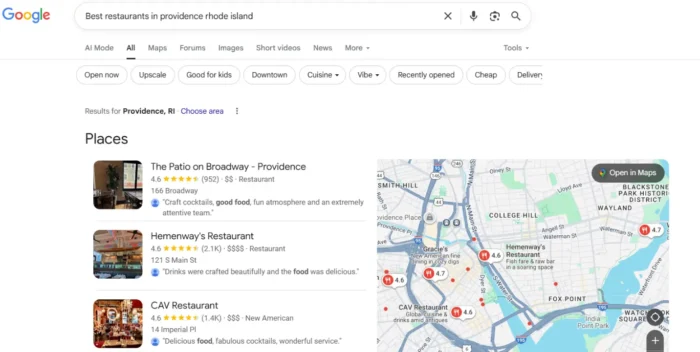Germany drops nearly all Covid restrictions
Bundestag approved the law change on Friday despite a record number of Covid infections


Berlin city breaks are easier from this week
(Getty Images/iStockphoto)
Bundestag approved the law change on Friday despite a record number of Covid infections
Germany yesterday dropped the majority of its domestic Covid-related restrictions, with proof of vaccination no longer required to get into indoor venues, and mask-wearing relaxed in most settings.
The plans were approved on Friday in the country’s Bundestag, despite Germany seeing a record number of Covid infections on Tuesday.
Health minister Karl Lauterbach called the new Infection Protection Act a “difficult compromise”.
“We can’t continue to shield the whole country to protect a small group of those unwilling to be vaccinated,” he said.
Mask-wearing is no longer required in shops, restaurants and schools, but will remain on public transport and in medical settings for the time being.
However, Germany’s 16 states have the power to implement new Covid rules if they see a spike in cases locally.
Germany’s “benchmark infection rate” - measuring the number of infections per 100,000 people - hit a record high of 1,585 on Tuesday.
The new Protection Act follows the relaxation of international travel rules to the country on 3 March - since this date, tourists have been able to show either proof of vaccination or a negative test result in order to enter Germany.
Covid tests for unvaccinated visitors can be PCR or antigen tests, but must be professionally administered within the previous 48 hours.
Children aged 11 and under are exempt from the vaccination and testing requirements, and all visitors must complete an online registration form.
Some restrictions had already been eased in recent weeks, including the requirement to show proof of vaccination to access restaurants, bars and hotels, and nightclubs being allowed to reopen to some visitors.
Germany had previously had some of the strictest vaccine passport rules in Europe, implementing a “2G” and “3G” system: venues with a “2G” rule required visitors to show proof of being vaccinated or recently recovered as well as showing a negative test result, while “3G” locations required that visitors be vaccinated, or recently recovered, or show a negative test result.
The country is also considering implementing a vaccine mandate, with MPs expected to vote on the matter in early April.
Registration is a free and easy way to support our truly independent journalism
By registering, you will also enjoy limited access to Premium articles, exclusive newsletters, commenting, and virtual events with our leading journalists
Please enter a valid email
Please enter a valid email
Password
Must be at least 6 characters, include an upper and lower case character and a number
Must be at least 6 characters, include an upper and lower case character and a number
Must be at least 6 characters, include an upper and lower case character and a number
First name
Please enter your first name
Special characters aren’t allowed
Please enter a name between 1 and 40 characters
Last name
Please enter your last name
Special characters aren’t allowed
Please enter a name between 1 and 40 characters
You must be over 18 years old to register
You must be over 18 years old to register
Year of birth
I would like to be emailed about offers, events and updates from The Independent.
Read our Privacy notice
You can opt-out at any time by signing in to your account to manage your preferences. Each email has a link to unsubscribe.
{{#verifyErrors}} {{message}} {{/verifyErrors}} {{^verifyErrors}} {{message}} {{/verifyErrors}}
Already have an account? sign in

 Konoly
Konoly 
































